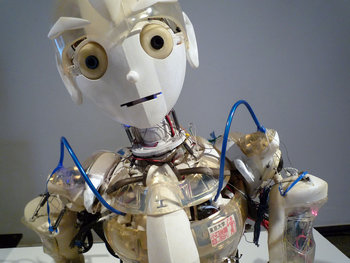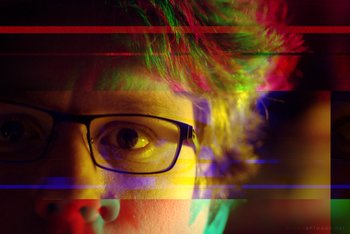
Competition
Algorithms are often in direct competition with each other. For example, trading algorithms from different hedge funds may buy and sell the same stock throughout a day using a variety of strategies to make a profit. In such a scenario it may be an advantage to observe the behavior of competing algorithms. In theory, an artificial intelligence could model the algorithms trading a particular equity or class of investments in order to take advantage of their behavior.Study
Algorithms may be reverse engineered in order to study their impact on markets, economics, pricing, operations and society. For example, there is some interest in whether algorithms may develop biases that negatively impact quality of life.| Overview: Reverse Algorithms | ||
Type | Algorithm | |
Definition | An approximation of an algorithm that is created by observing its behavior. | |
Notes | It isn't typically possible to determine the exact code behind an algorithm by observing it. With enough data, it may be possible to detail an algorithm's behavior to the point that it can be predicted with some accuracy. | |
Related Concepts | AlgorithmsAdvanced TechnologyArtificial IntelligenceMachine Biases | |





























